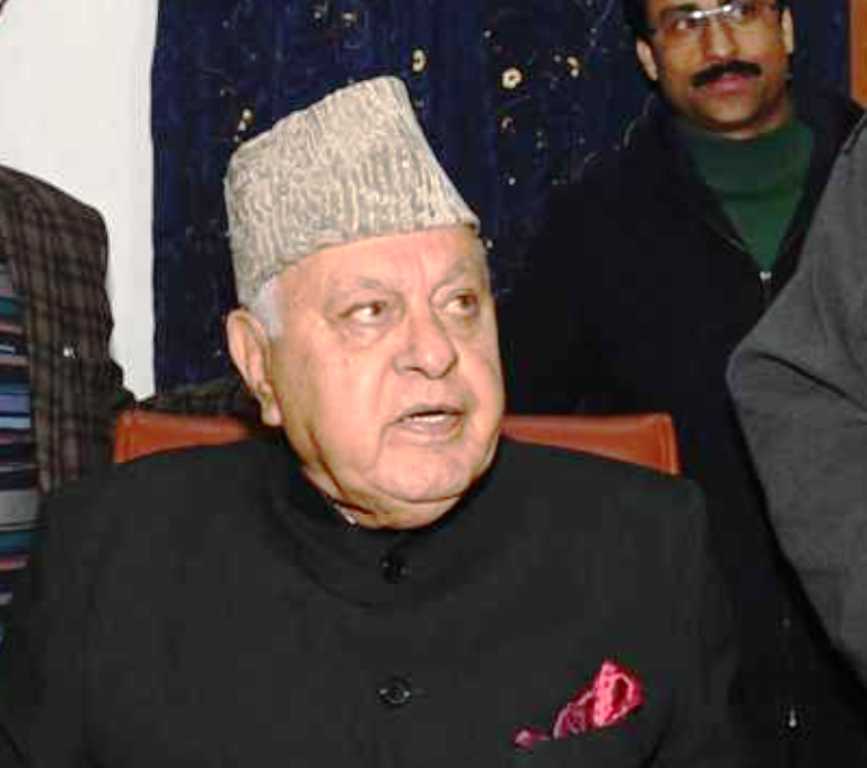 Panthers Party founder and senior supreme court lawyer Prof Bhim Singh has issued the following report about the status of Pakistani nationals in Indian jails. Singh who is currently visiting Pakistan, is also associated with the state legal aid committee that has been fighting the cases of the Pakistani prisoners.
Panthers Party founder and senior supreme court lawyer Prof Bhim Singh has issued the following report about the status of Pakistani nationals in Indian jails. Singh who is currently visiting Pakistan, is also associated with the state legal aid committee that has been fighting the cases of the Pakistani prisoners.
(A)
There are around 350 Pakistan national (prisoners) detained in different jails of India. State Legal Aid Committee which is headed by Prof. Bhim Singh has been fighting their cases in several courts in India, mostly in the Supreme Court of India for more than decade as Public Interest Litigation (PIL).
The detention of these prisoners has been challenged under the mandate of Article 21 of the Constitution of India which ordains that no person shall be deprived of his life and liberty without the procedure established by law. The Supreme Court of India, in its several judgments has held that the procedure has to be fair and must stand the test of the principles of natural justice.
The important point to understand is that this Article (21) is a fundamental right in the Constitution of India. It is available to any person irrespective of his nationality or citizenship. Prof.Bhim Singh has been agitating against the illegal, improper & unconstitutional detention/imprisonment of the foreign nationals detained in the Indian jails in violation the procedure established by law. The fundamental rights debars the Central (Federal) or a State government to detain a person without trial beyond a period of two years.
(B)
There are different categories of foreign prisoners in India, most citizens of Pakistan & AK. Most of them have been languishing in the jails in different states detained under the Criminal Procedure Code or State’s Detention Law called Public Safety Act (PSA).
a). The prisoners include those who crossed over from LoC (J&K) in the nineties and allegedly indulged in violence. This number may be around 300.
b). There are some Pakistani prisoners who entered India with valid passports and visas but over stayed in India. This provides maximum imprisonment of five years.
c). There are about five prisoners in Amritsar jail (India) who are deaf and dumb (goongas) whose nationality has not been identified for nearly a decade. The State Legal Aid Committee sent lawyers teams to several jails to inquire about the situation.
d). There are about 30 mentally challenged prisoners languishing in Amritsar jail (India) for several years. According to the Ministry of External Affairs (Govt. of India) the nationality of these prisoners has not been identified. Prof. Bhim Singh had proposed that their photographs be taken and sent to Pakistan/AK for circulating through the media so that their relatives may come forward. Detention of these mentally challenged prisoners is utterly inhuman. The Supreme Court of India in its several directions in Prof. Bhim Singh’s writ petition no. 310/2005 had directed the Union and the State governments to keep such prisoners who had served out their respective sentences in jails in open accommodation (not in jails).
e). The State Legal Aid Committee has not been able to monitor the implementation for the reason that the State Legal Aid Committee does not raise revenue nor it collects any contribution from any source though the committee is 37 years old registered society. It has been funded by Prof. Bhim Singh from his personal income.
f). There are around 15 Pak nationals who have served 15 to 20 years sentence in different jails. They could not be released for the reason that they are serving life sentence. Life sentence, at the moment, has been interpreted by the court as sentence till death. Prof.Bhim Singh has challenged this new rule as violative of the fundamental rights. The Indian Penal Code has a different provision.
g). There are several prisoners around 50 who have served out their respective sentences but they continue to be in jails for the reason that their nationalities have not been identified. Most of them hail from Pakistan or AK. The Supreme Court has issued strong notes in this regard. The intervention of the Supreme Court has earned maximum relief relating to repatriation of Pakistan nationals.
h). There were some prisoners who had served detentions beyond the period of maximum sentence during the trial, more than each one of them would have served if he/she were awarded sentence. The Supreme Court of India gave a historic judgment directing the State to release all such prisoners (Pak nationals and other foreigners) as have completed a period of maximum sentence in jails that they would have been rewarded by the court in maximum. Nearly 50 Pak & AK prisoners got the benefit of this ruling.
(C)
There is another category of Pakistani prisoners in India, which has been identified as fishermen. Though this was not the direct subject matter in writ petition moved by the State Legal Aid Committee, yet this matter was included. The situation of fishermen needs different measures to find out solution to this problem by both India and Pakistan.
There is a judicial commission comprising of some judicial persons from both India and Pakistan. They have been meeting occasionally to sort out the problem. This problem needs a human settlement out of the box of the present legal system. It needs humanitarian approach and participation of lawyers’ fraternity from both sides. The Bar Associations of the High Courts and the Supreme Courts in India and Pakistan has a greater role and responsibility to ensure delivery of justice for the helpless prisoners from Pakistan in India and the prisoners of India in Pakistan.
I have got a definite plan and strategy based on humanitarian angle and not on the political convenience or diplomatic strategy. That I shall discuss with my hosts, lawyers congress, representatives of the respective Bar Associations during my stay in Pakistan.















